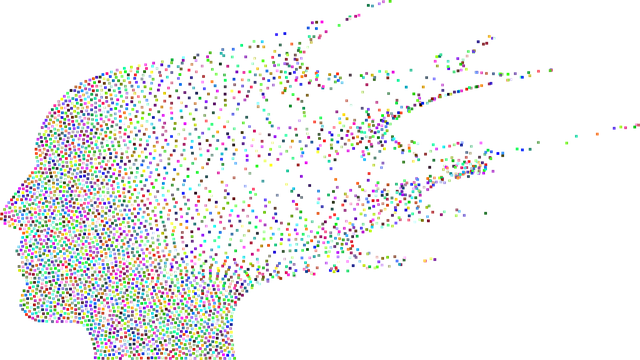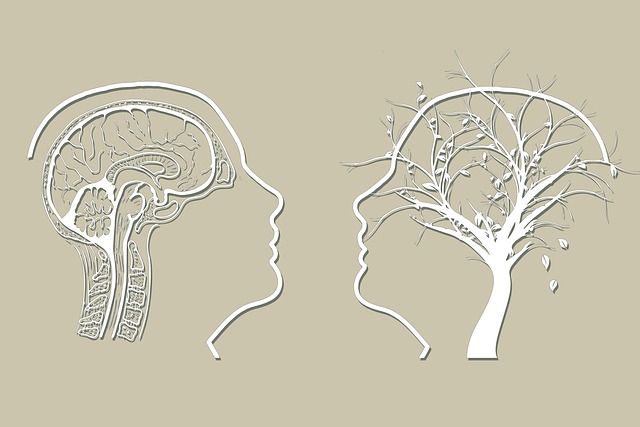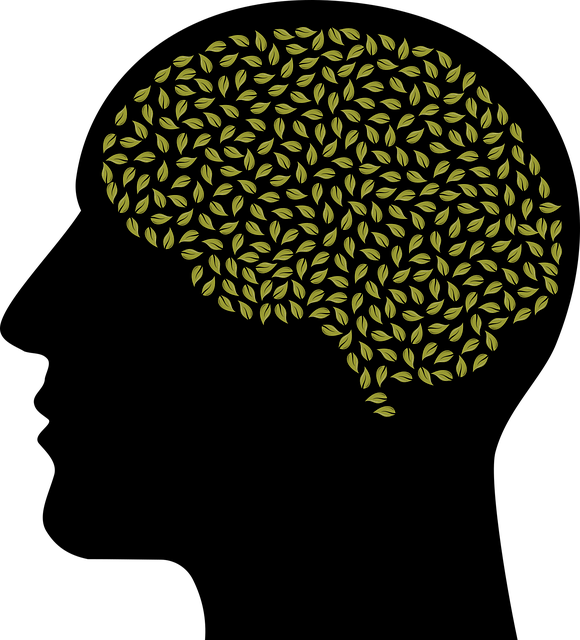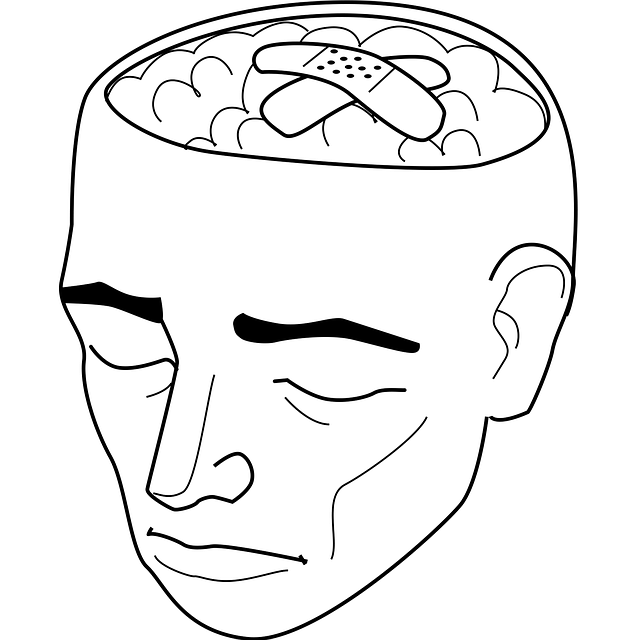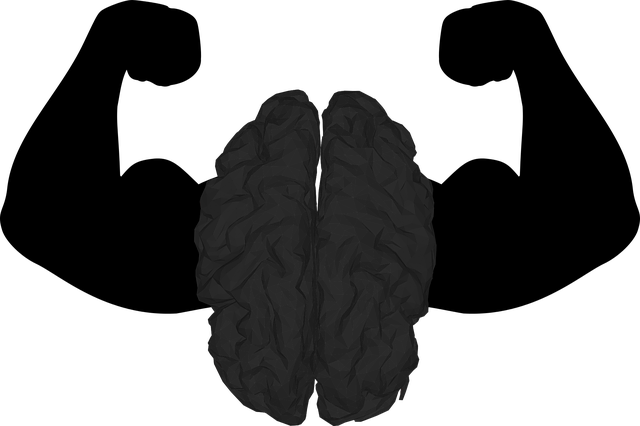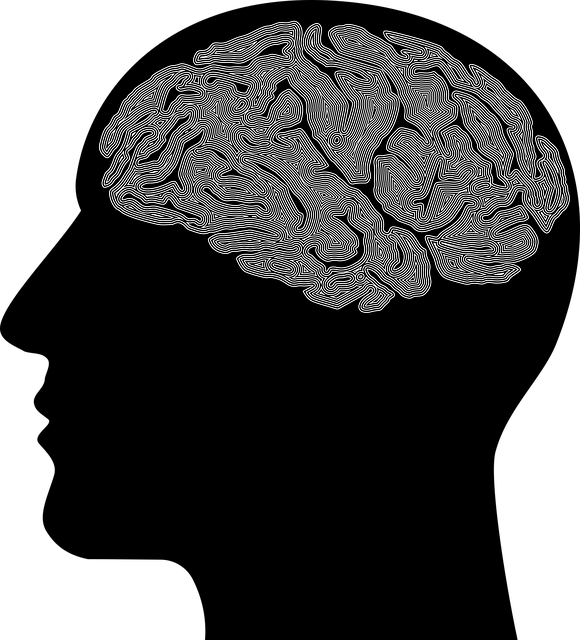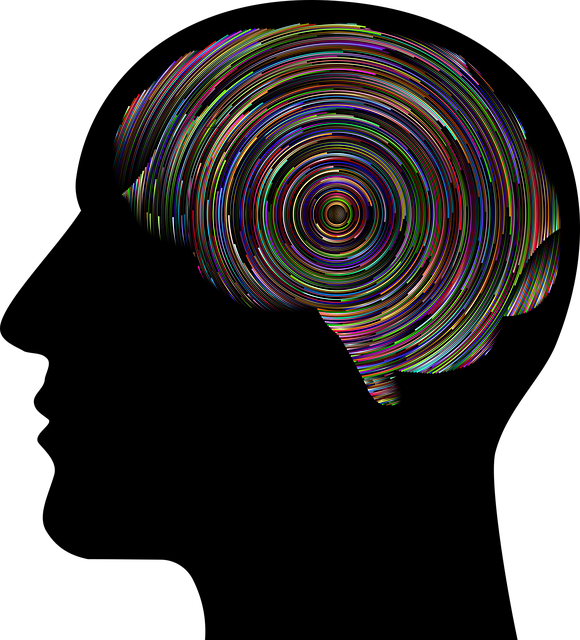Understanding Oppositional Defiant Disorder (ODD) in children is crucial for effective intervention. Early therapy, like Westminster ODD Therapy, targeting root causes and teaching coping strategies can improve outcomes significantly. Today, technology offers accessible solutions through apps providing personalized ODD therapy, stress management, and mindfulness exercises. These digital tools, integrating evidence-based practices and cultural sensitivity, revolutionize mental health care, ensuring privacy, ethics, and accessibility for all users, including those seeking Westminster ODD Therapy.
In today’s digital age, mental wellness app development offers promising solutions for managing conditions like Oppositional Defiant Disorder (ODD) in children and adolescents. This article delves into the multifaceted approach to creating effective apps for ODD therapy, exploring evidence-based practices, ethical considerations, and privacy concerns. From understanding the challenges of ODD to integrating digital solutions, we navigate the landscape of Westminster oppositional defiance disorder therapy, emphasizing responsible app development for mental health support.
- Understanding Mental Health Challenges: A Focus on Oppositional Defiant Disorder (ODD) in Children and Adolescents
- The Role of Technology: Exploring Digital Solutions for ODD Therapy
- Designing Effective Apps for Behavioral Interventions
- Integrating Evidence-Based Practices in Mental Wellness Apps
- Privacy, Ethics, and Access: Ensuring Responsible App Development for Mental Health Support
Understanding Mental Health Challenges: A Focus on Oppositional Defiant Disorder (ODD) in Children and Adolescents

Understanding mental health challenges is paramount in developing effective solutions, especially when focusing on specific disorders like Oppositional Defiant Disorder (ODD) in children and adolescents. ODD is characterized by a persistent pattern of angry, irritable, defiant, and vindictive behavior, which can significantly impact a young person’s daily functioning and relationships. This disorder often presents as defiance towards authority figures, frequent arguments with parents or teachers, and a general reluctance to comply with rules or requests.
The impact of ODD extends beyond the individual, affecting families, schools, and communities. It is crucial to recognize that early intervention and tailored therapy, such as Westminster Oppositional Defiance Disorder Therapy, can significantly improve outcomes. This involves addressing the root causes, enhancing coping strategies, building confidence, and providing anxiety relief. Mental health policy analysis and advocacy play a vital role in ensuring access to such therapeutic approaches, fostering a supportive environment for children and adolescents navigating ODD.
The Role of Technology: Exploring Digital Solutions for ODD Therapy

In today’s digital era, technology plays a pivotal role in transforming various aspects of healthcare, including mental wellness. One area where digital solutions are making significant strides is Westminster Oppositional Defiance Disorder (ODD) therapy. Mobile apps designed for ODD therapy offer accessible and personalized approaches to support individuals dealing with this complex disorder. These apps often incorporate interactive tools, educational content, and mindfulness exercises tailored to address the specific needs of users.
By leveraging technology, such apps enable effective stress management workshops organization and facilitate emotional healing processes. They promote emotional regulation through gamified activities and tracking mechanisms that help users monitor their progress. Moreover, digital platforms provide a safe space for individuals to engage in therapeutic practices, offering discreet and convenient access to support whenever and wherever needed. This shift towards digital solutions has the potential to revolutionize ODD therapy, making it more accessible and engaging for those seeking assistance.
Designing Effective Apps for Behavioral Interventions

Effective app design for behavioral interventions plays a pivotal role in mental wellness development, particularly when addressing conditions like Oppositional Defiant Disorder (ODD). These apps should be crafted with an understanding of the unique needs and challenges faced by both patients and therapists. Integrating evidence-based practices ensures that users engage in activities that promote positive behavior changes, such as cognitive-behavioral therapy techniques tailored to ODD symptoms.
The app’s interface should be user-friendly, intuitive, and visually appealing, fostering a sense of comfort and encouraging consistent use. Incorporate features like personalized goals, progress tracking, and rewarding systems to motivate users. Moreover, Risk Management Planning for Mental Health Professionals can be seamlessly integrated into the app, providing tools for early intervention and crisis management. Enhancing public awareness through Public Awareness Campaigns Development within the app can also encourage open conversations about mental health, while offering valuable resources like Mental Wellness Journaling Exercise Guidance to support self-reflection and coping strategies.
Integrating Evidence-Based Practices in Mental Wellness Apps

Integrating evidence-based practices is a cornerstone of developing effective mental wellness apps. Techniques such as Cognitive Behavioral Therapy (CBT), Dialectical Behavior Therapy (DBT), and Mindfulness-Based Stress Reduction (MBSR) have been rigorously studied and proven to significantly improve symptoms associated with conditions like Attention Deficit Hyperactivity Disorder (ADHD) and Oppositional Defiant Disorder (ODD). By incorporating these evidence-based modalities, apps can offer tailored interventions that target specific mental health challenges.
Cultural sensitivity is another vital aspect. Mental wellness apps must acknowledge and address the diverse needs of users from various backgrounds. Trauma support services, for instance, should be inclusive and adaptable to different cultural contexts while focusing on anxiety relief. Incorporating principles of cultural sensitivity in mental healthcare practice ensures that apps are not only effective but also ethical, fostering a safe and supportive environment for all users regardless of their background or identity.
Privacy, Ethics, and Access: Ensuring Responsible App Development for Mental Health Support

In the realm of mental wellness app development, privacy, ethics, and access are paramount. As more individuals turn to digital solutions for support with conditions like Oppositional Defiant Disorder (ODD) therapy, developers must ensure robust data protection measures are in place. User information, including personal details and sensitive mental health records, require secure storage and encryption to safeguard against unauthorized access or breaches. Transparency about data collection practices is crucial; users should clearly understand how their information is handled, shared, and stored.
Ethical considerations extend beyond privacy. Apps must provide accurate, evidence-based guidance, such as crisis intervention techniques and mindfulness meditation exercises. Developers have a responsibility to collaborate with mental health professionals to ensure the validity of content. Additionally, accessibility is key; apps should be designed with inclusivity in mind, catering to diverse user needs, including those with disabilities. Ensuring equitable access to mental wellness resources is not just ethical but also beneficial for fostering a healthier society.
The development of mental wellness apps offers a promising avenue for addressing oppositional defiant disorder (ODD) in children and adolescents, as demonstrated by Westminster ODD therapy. By integrating evidence-based practices, these digital tools can effectively support behavioral interventions and enhance access to mental health care. However, responsible app development must prioritize privacy, ethics, and equitable access to ensure these solutions benefit users without compromising their well-being. Through careful consideration of these aspects, mental wellness apps have the potential to revolutionize ODD therapy and improve outcomes for young individuals struggling with this challenge.
